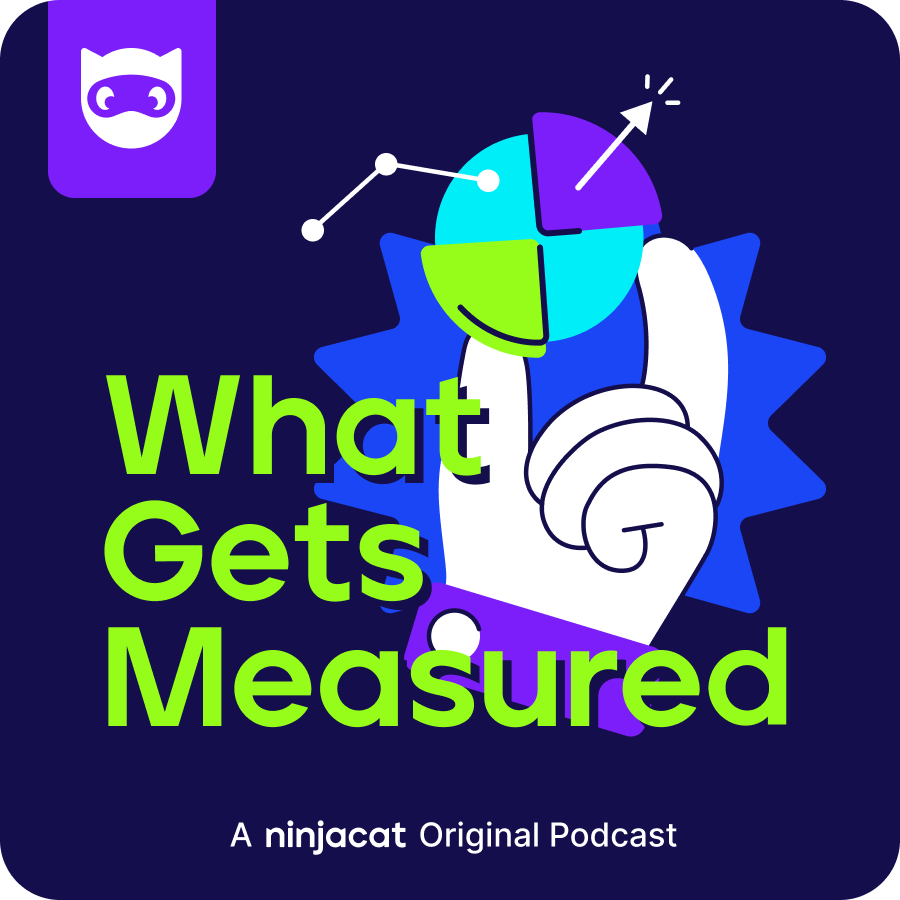Marketing Data Integration: Expectations vs. Reality

The Guest
Both Mark Donatelli and Daniel Kowal are Managing Partners at Cimply Limited, a management consulting firm working with brands, the platforms and data they require, and private investors seeking value creation amidst them all. Daniel has been a management and strategy consultant, a director of global media operations, and has a degree in economics from the University At Buffalo. Mark has been an advisory board member on a multitude of companies, founded a few more, has a tech degree and experience in the US Army, he’s a gem to follow on Twitter, and they are here today to talk about marketing data integration.
The Interview
Our conversation about data integration in marketing starts with a brief overview of ‘the state of data,’ how is data showing up, how are teams gathering it and using it correctly, and what are the knowledge gaps agencies should know about?
“In general,” starts Mark, “You see this evolution; web 1.0, 2.0, and upwards - data is going through a similar process. I think what’s happening now is that availability and democratization of data is growing, but when novices get access to new technology, they get thrown off track. We’re seeing a demand for insights, but most agencies don't know how to get those through data. If you can step back and look at the business objectives and then parse the data, it can be helpful.”
“A lot of times with data,” says Daniel, “Agencies and teams tend to confuse more with better.”
The interview then pivots into data integration and the complexity and challenges associated with it.
“When it comes to data integration,” says Mark, “The complexity really starts when you’re deciding what to integrate. Data is living in all these different layers, so the challenges we’ve seen are the complexity can be overwhelming and linking data sources can be difficult - cleaning, sourcing, housing.”
“Loosely speaking,” Daniel chimes in. “People underestimate what goes into scaling and deploying data solutions, which influences the second big problem here is resources, which can dry up halfway through a project.”
We then discuss data integration as a part of data federation, and learn about the significance and use-cases behind these terms.
“Data integration is the end goal of any data federation exercise,” says Daniel. “Federation allows people asking questions about data, to have the answers at their fingertips. Most businesses are looking for a ‘single source of truth’ for their data, and most of these same orgs have 40-50 data sources, which means you need a mapping exercise to bring all that stuff together, data federation and integration help with this.”
“The use-cases for data matter a lot,” explains Mark. “Identity layers, cookies, media spend, traffic, customer journeys, publisher sourcing - there can be a whole set of inputs and business drivers that you need to focus on when dealing with data integration and federation.”
We then go on to discuss the importance of data taxonomy, governance, how ethics is connected to culture and strategy, segmentation and privacy, and we hear a few good stories about data integration gone great, and hear a horror story about it going horribly.
(PROGRAMMING NOTE: Due to connection issues, Daniel switches from video conference call to phone halfway through the interview)
The Links
Cimply Limited
Mark on Twitter
Daniel on LinkedIn
LISTEN TO THE FULL SHOW -> Stay tuned, stay curious and subscribe to What Gets Measured on Apple Podcasts, Spotify, YouTube or add it as a Favorite on your podcast player of choice.


.png)


.png)